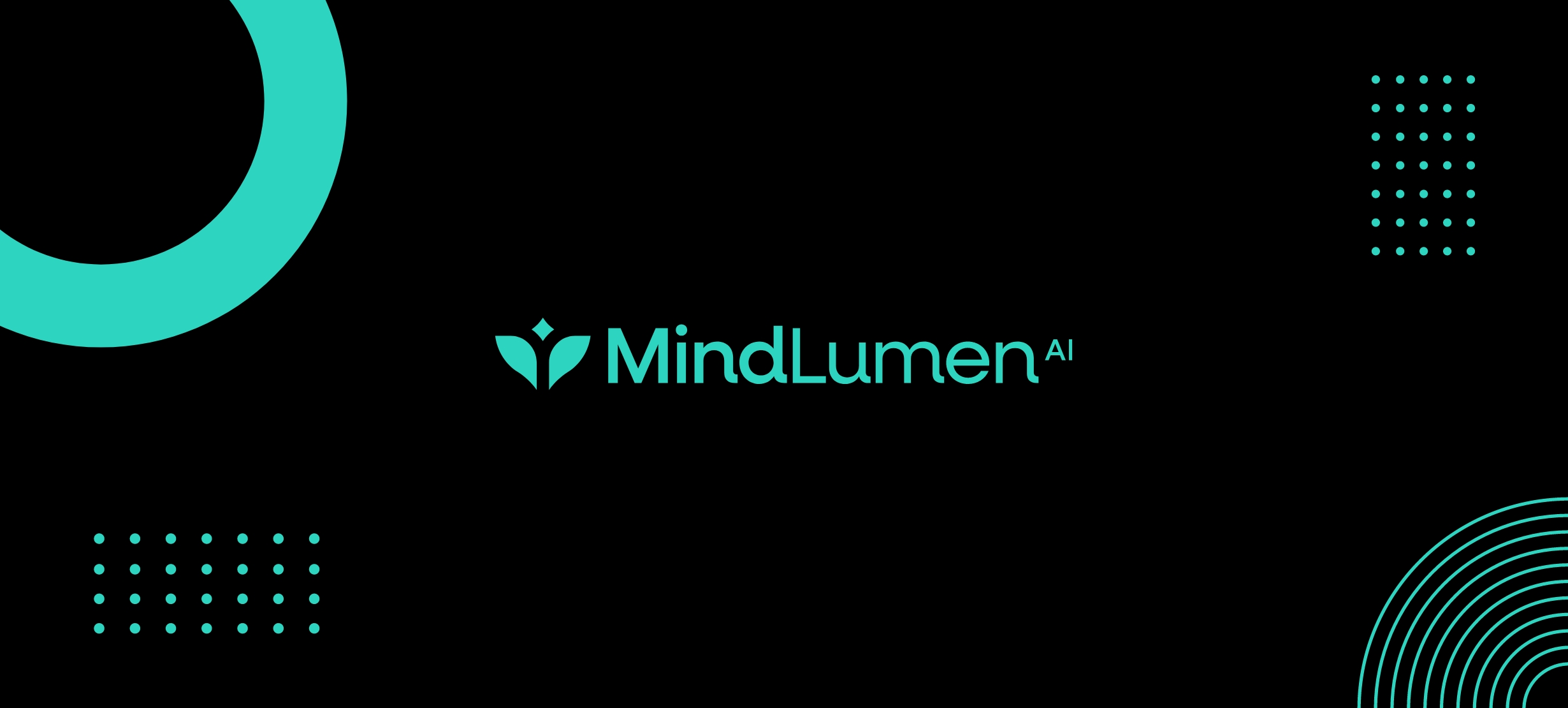Top 6 AI Apps for Mental Health in 2024: A New Era of Digital Support
Did you know that one in four people worldwide will be affected by mental or neurological disorders at some point in their lives, according to the World Health Organization? Access to mental health care remains a significant challenge for many. In 2024, AI-powered mental health apps are breaking down barriers, offering accessible, personalized support right from our smartphones. Let's explore six standout AI-driven apps that are making a real difference.
1. Meru Health
Meru Health is more than just an app—it's a comprehensive digital mental health platform. Utilizing AI-powered treatments for depression, anxiety, and burnout, Meru Health offers personalized care plans tailored to individual needs.
Key Features:
- Personalized Therapy Programs: Customized 12-week programs that fit your schedule and preferences.
- Integration with Wearables: Connects with devices like Fitbit and Apple Watch to monitor physiological data such as heart rate variability.
- Professional Support: Access to licensed therapists, psychiatrists, and a supportive peer community.
- Mindfulness Practices: Incorporates evidence-based mindfulness techniques to reduce stress and improve wellbeing.

2. Woebot
Woebot is an AI-powered chatbot that uses cognitive-behavioral therapy (CBT) techniques to help users manage their mental health. It offers personalized conversations, mood tracking, and daily check-ins, providing accessible mental health support on the go.
Key Features:
- 24/7 Availability: Chat with Woebot anytime, anywhere.
- Personalized CBT Exercises: Engages users with techniques tailored to their needs.
- Mood Tracking: Monitors emotional patterns to provide insights.
- Evidence-Based: Developed by psychologists and clinically validated through research.

3. MindLumen
MindLumen offers a personal AI companion designed to support users dealing with anxiety, panic attacks, and other mental health challenges. Trained on scientific research and cognitive-behavioral therapy, MindLumen provides support to improve mental health, sleep, mood, and relationships. Currently in beta, you can join the waitlist here.
Key Features:
- AI Companion: Offers empathetic listening and guidance.
- CBT Techniques: Utilizes proven methods to help manage symptoms.
- Resource Library: Access articles and exercises for self-help.
- User Privacy: Prioritizes confidentiality and data security.

4. Headspace
Headspace combines mindfulness with AI algorithms to provide tailored recommendations for meditation, sleep, and stress management. Its daily reminders and guided sessions make it an invaluable tool for maintaining mental health goals.
Key Features:
- Personalized Meditation Plans: Tailored to your experience level and goals.
- Sleep Support: Offers sleepcasts, music, and wind-down exercises.
- Mindfulness Exercises: Includes breathing exercises and mindful movement sessions.
- Progress Tracking: Monitors your journey and milestones.

5. VOS
VOS is a mental health app that provides various features and tools to help improve your wellbeing. It offers breathing exercises, articles, journaling, and more. The app also includes a chatbot to assist with mental health concerns.
Key Features:
- Breathing Exercises: Helps reduce stress and anxiety.
- Journaling Tools: Encourages self-reflection and tracking of emotions.
- Educational Content: Provides articles on mental health topics.
- Chatbot Support: Offers guidance and resources.

6. Wysa
Wysa is an AI-driven chatbot that promotes mental wellness through cognitive-behavioral therapy, guided meditation, and personalized dialogue. With a focus on user anonymity and privacy, it's a go-to for those seeking mental health assistance.
Key Features:
- Anonymity: Interact without sharing personal details.
- Evidence-Based Techniques: Uses CBT, dialectical behavior therapy (DBT), and mindfulness.
- Goal Setting: Helps set and track personal goals.
- Professional Support Option: Access to human therapists if needed.

Besides these apps, there are many other great apps out there, like Calm, Earkick and AbleTo.
How to Choose the Right App
Selecting the right mental health app depends on your personal needs and preferences. Consider the following factors:
- Privacy and Data Security: Ensure the app prioritizes user confidentiality and has clear data policies.
- Types of Support Offered: Determine if you prefer self-guided exercises, chatbot interactions, or access to professional therapists.
- User Interface: Choose an app that is easy to navigate and engaging.
- Evidence-Based Practices: Look for apps that use clinically validated techniques.
- Cost: Consider whether the app is free, subscription-based, or offers in-app purchases.
Ethical Considerations and Limitations
While AI mental health apps offer valuable support, they are not a substitute for professional medical advice or treatment when necessary.
- Limitations:
- Not for Crisis Situations: In emergencies, it's crucial to seek immediate help from mental health professionals or hotlines.
- Personalization Limits: AI may not fully grasp complex personal issues.
- Ethical Use:
- Data Privacy: Be cautious about the personal information you share and review the app's privacy policy.
- Informed Consent: Understand how your data will be used and stored.
The Future of Mental Health AI Apps
The future of AI services in mental health is promising, offering:
- Enhanced Accessibility: Reaching individuals in remote areas with limited access to traditional therapy.
- Personalized Care: Utilizing machine learning to tailor interventions to individual needs.
- Integration with Other Technologies: Incorporating virtual reality (VR) and wearable devices for immersive therapy experiences.
- Collaborative Care: Complementing traditional therapy by providing additional support between sessions.
Conclusion
AI apps are transforming mental health care, making support more accessible, personalized, and effective. From therapy chatbots to mindfulness tools, these apps offer innovative solutions for individuals seeking assistance.
Embark on your journey towards better mental health by exploring these innovative apps today. Remember, while these tools can provide support, they are most effective when used as part of a holistic approach to wellbeing.
Stay updated with the latest in AI and mental health by visiting our blog. Let’s embrace this digital revolution to improve mental wellbeing together.
Are you interested in learning programs and a personal AI companion to talk to? Try out MindLumen AI to improve your mental wellbeing with AI therapy and companionship. You can try it out for free.
Get started with MindLumen


